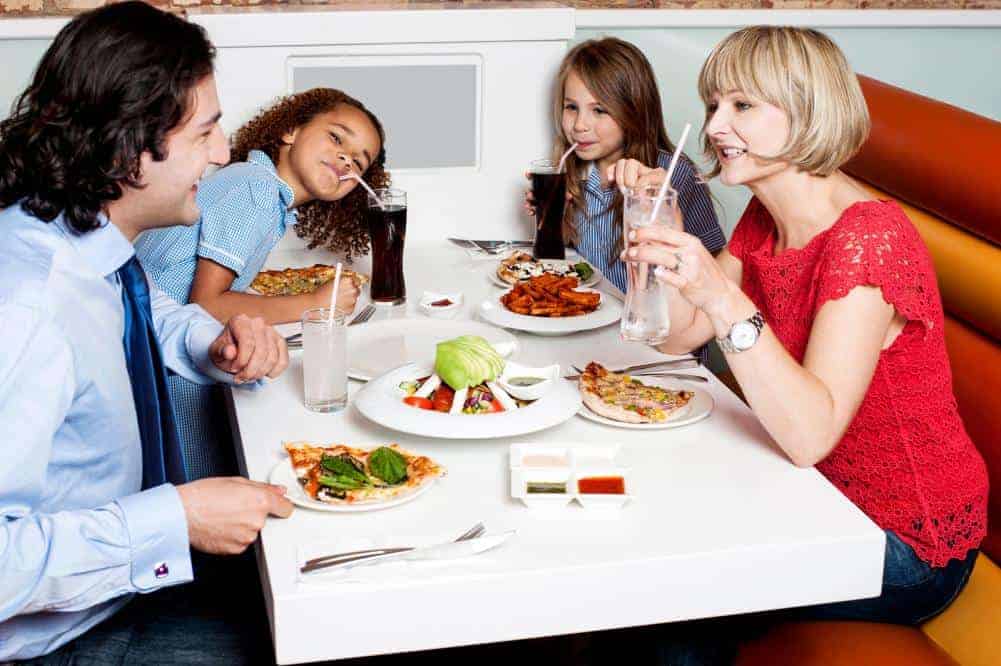When a loved one first enters recovery, it can be hard for a family to adjust. Family members are probably worried and a little wary when an addicted loved one first gets clean. If this sounds like you, don’t worry! You’ve been through a lot, which is why you also need a plan for their recovery. Addiction is a disease that affects everyone in the addicted person’s life.
Many families and households go through a “honeymoon” period when a person gets clean. Things are always better when a person isn’t getting high or drunk. (In recovery, it’s often said that a person’s worst day clean is still better than their “best day” using.) Life is healthier, and relationships begin to heal when addiction isn’t in charge. But this honeymoon, like all others, will come to an end. That’s okay because it’s natural. You can’t heal the pain of addiction and the issues that arise along with it overnight, and your loved one can’t, either.
You may notice your loved one acting differently now that they’re drug-free. They may seem more serious or anxious. There are a lot of changes they probably are still trying to make in life. They, too, are adjusting to a new way life that involves more self-reflection. In time, they’ll probably change and evolve. Remember that recovery is a long-term process. It can also take up to a year and a half for a person’s body and chemicals to adjust to normal.
Family Therapy in Recovery
Addiction can cause a lot of emotional pain and turmoil for families. While your loved one didn’t necessarily act out on their disease to cause you pain, they probably hurt your feelings and caused other issues nonetheless. It’s okay to have these feelings, but they belong to you, and you’re the only one who has the power to resolve them.
You may have already been invited to family or multi-family therapy at your loved one’s treatment center. If not, ask them if this type of therapy is available. Children and teens will need to adjust, too, so please consider getting them private therapy if they need it.
Therapy is a tool that is used by many people during major life changes. There are a lot of good reasons to go to therapy. You may have some feelings of fear or resentment, or you may be used to enabling your loved one and feel a loss now that they’re standing on their own two feet again. You may merely wonder, “What’s next?”
Groups for Recovering Families
Al-Anon and other Twelve Step meetings such as Codependents Anynoymous can help you learn more from people who have walked in your shoes. Al-Anon is a group meant for people who are in the family of an alcoholic, recovering or otherwise.
These groups which use group support and the power of example for recovery. Al-Anon was created for family members of people with alcohol problems. These groups help the family learn to stop enabling and start taking care of themselves. You can also learn ways to cope with all the changes your family is going through.
Moving Forward
It’s vital for you to have your own goals and activities that you enjoy, and a support network to turn to when you’re feeling down or frustrated. Taking time to plan to go to meetings or therapy will allow you to have a fuller life now that you have some breathing room. It’s important to let your loved one have some space to adjust. So take some time for self-care for you, too!
Are you or your loved one battling a substance abuse disorder? There’s help available. Call us at 877-450-1880 to learn more about your options.

Recent Comments